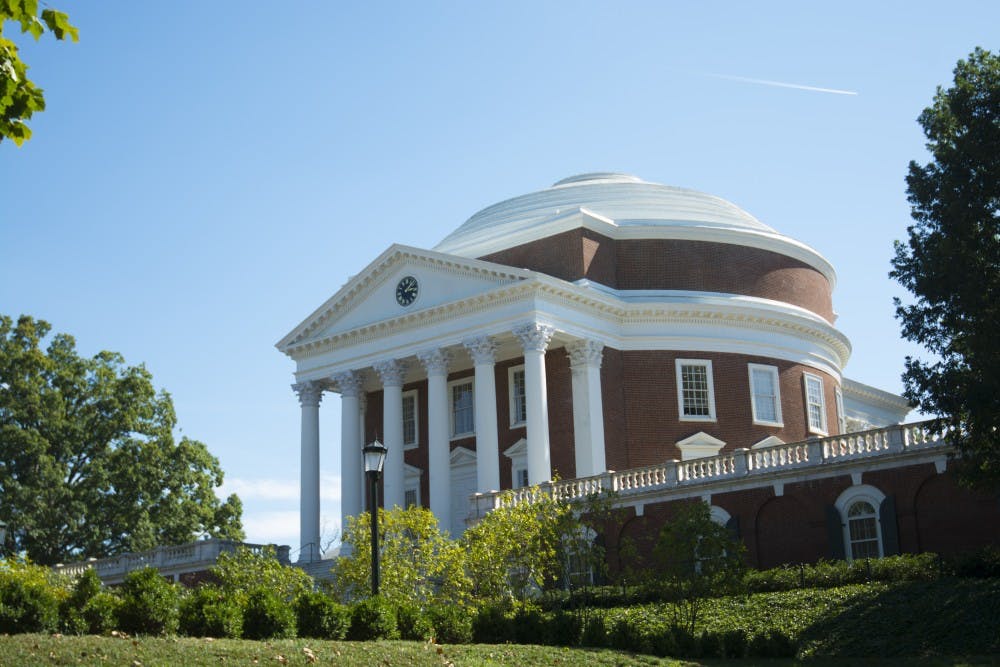About three years ago, it was revealed through a Senate initiative that 56 private universities with endowments of $1 billion or more were receiving massive tax exemptions on the property they possessed, including Harvard, Brown and many other notable institutions. This sparked controversy, with some claiming that these unfair exemptions should be removed in order to increase tax revenue for local governments and level the playing field with other universities that did not receive such privileges. But, given the current college tuition and housing crises that are plaguing students across the country, I believe it would be in the best interest of local governments to increase the scale and scope of these exemptions, rather than crack down on them.
The most significant argument in favor of broader tax exemptions is the fact that colleges — and the students that they host — are already incredibly strapped for cash. Current college loan debt in our country comes out to a staggering $1.5 trillion. Coupled with the nearly 40 percent projected default rate by 2023, and a consistent three percent increase in annual tuition costs these past few years, it is clear that this is a problem that will likely get a lot worse before it gets better.
Lessening the tax burden of these colleges may decrease government revenue, but it could also lead to lower tuition rates and fewer financial difficulties for students, who often end up borrowing money from the government anyway. For instance, according to one 2012 analysis the University receives roughly $4.5 million in property tax exemptions annually, which would amount to a significant tuition hike if the cost had been instead been passed on to students.
Property taxes also directly affect the affordability of student housing in many cases, which is another rampant problem in both our local community and society at large. According to a study by the Hope Center, homelessness affects 18 percent of American students, as well as 14 percent of students at four-year institutions, and nearly half of respondents said they experienced some degree of housing insecurity. This isn’t just an issue exclusive to low-tier colleges or those in poor areas either, as there are reported cases of homeless students struggling to get by at our very own University, as recently as earlier this year.
Attempts are being made by state legislatures to formulate a solution to this crisis, and removing property tax exemptions from Universities at this juncture would only exacerbate the problem. These added costs would likely be passed on to students, potentially driving up exorbitant housing prices even further, which are already extremely prevalent on Grounds. Expanding rather than contracting property tax privileges would have a positive effect on the issues of both tuition and housing on college campuses, lowering costs for students and increasing accessibility to higher education for everybody.
Tangibly speaking, property tax exemptions should be broadened such that they are present at every university — including public colleges, which were neglected by the aforementioned Senate initiative. In fact, many public institutions like the University of North Carolina at Chapel Hill and North Carolina State already have similar immunities to their private counterparts, despite considerable commercial activity on their premises. Considering that North Carolina ranks 43rd in the country in state debt per capita, it is clear that the burden of taxation can be lessened on these institutions of higher learning, without severely affecting government operations.
Perhaps the most credible counterargument to my proposition is the claim that locals will be negatively affected by increased exemptions, since the government will simply seek revenue by other means to compensate. However, I would argue that the benefits of more affordable tuition and housing — and a more educated population, by consequence — far outweigh the negatives, especially when considering the economic boon that healthy universities afford their respective communities to begin with. Studies show that degree-holding individuals contribute hundreds of thousands of dollars more to local economies over the course of their lifetimes, and higher education rates overall have a positive effect on economic growth. Moreover, education makes us more competitive as a nation on a global scale, which is something that our government recognizes, as evidenced by the roughly $70 billion in annual education investment.
Regardless of political affiliation or creed, I think we can all agree that the state of higher education in our country is fiscally dysfunctional, placing an incredible burden on degree-seeking students. More affordable tuition and housing are in the best interests of every student, and broadened property tax exemptions would give public colleges the financial leeway to relieve some of that burden. The positive economic and cultural effects of increased education are undeniable, so we should be doing everything in our power to make the system as affordable as possible. Tackling taxation and overregulation by our inept government is key in addressing this conundrum.
Milan Bharadwaj is an Opinion Columnist for The Cavalier Daily. He can be reached at opinion@cavalierdaily.com.







